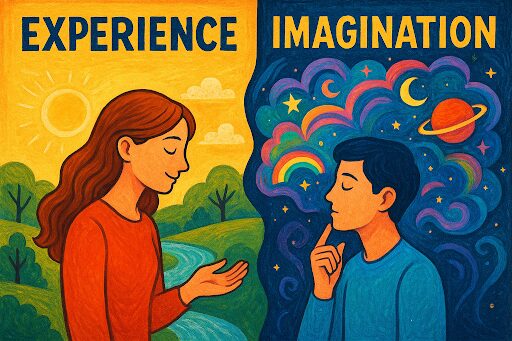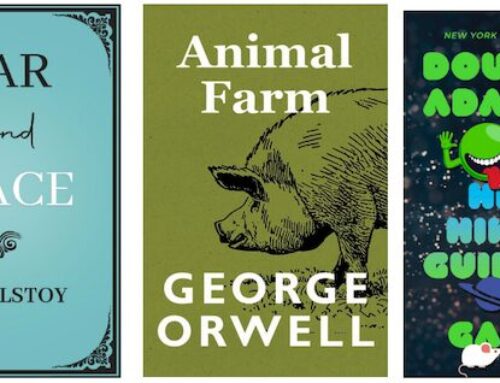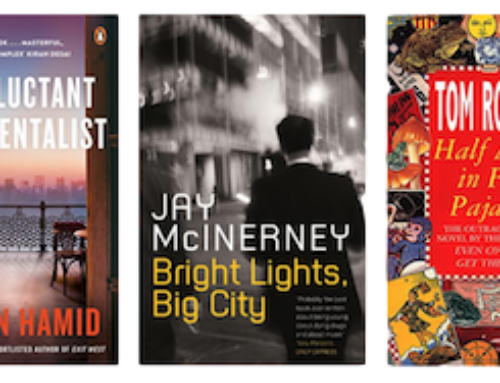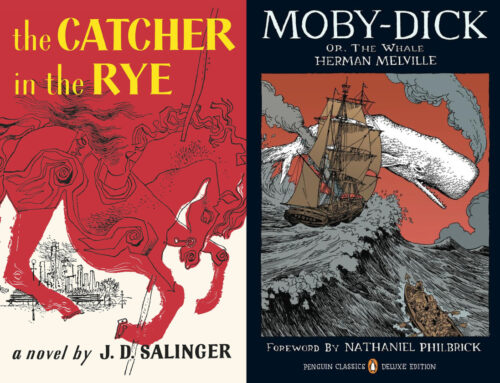 Imagine sitting down at your desk, coffee in hand, pen poised—or more realistically, fingers hovering over a keyboard—and staring at that blank page with equal parts dread and excitement. The eternal question bubbles up: should you excavate the skeletons from your personal closet, or conjure worlds entirely alien to your own existence?
Imagine sitting down at your desk, coffee in hand, pen poised—or more realistically, fingers hovering over a keyboard—and staring at that blank page with equal parts dread and excitement. The eternal question bubbles up: should you excavate the skeletons from your personal closet, or conjure worlds entirely alien to your own existence?
First, let’s explore the gritty authenticity of writing from personal experience. There’s an undeniable intimacy to words birthed from memories you’ve lived, tasted, or even regretted. Writing from reality has a raw honesty that punches readers squarely in the gut. Take Sylvia Plath, whose semi-autobiographical novel The Bell Jar hauntingly chronicles her descent into depression. The authenticity, pain, and subtle humor she threads into her prose could only have sprung from a lived truth. As Hemingway himself said, “Write hard and clear about what hurts.” Indeed, when you mine your own depths, your pages drip with an honesty that leaves readers nodding in stunned recognition.
But reality isn’t always pleasant. Personal writing is like a brutally honest friend—appreciated, certainly, but sometimes you’d rather dodge their call. Digging through your life’s darker episodes can become emotionally taxing or, worse, self-indulgent. We’ve all encountered a memoir or two that feels more like therapy sessions for the author than compelling literature. Sometimes, the raw wounds overshadow the narrative, leaving readers exhausted rather than enriched.
Enter imagination, stage left, dressed flamboyantly, beckoning with endless possibilities. When you venture into imaginary realms, you wear the crown of ultimate freedom. You are not shackled by past embarrassments or limited by the mundanity of reality. You create entire universes, breed dragons, devise intrigue, and orchestrate grand love affairs. Tolkien’s Middle-earth, Rowling’s Hogwarts, or even Orwell’s chillingly prophetic Oceania from 1984—none could exist without imagination flexing its unfettered muscles. Imaginative fiction can explore truths in ways reality simply can’t. As Neil Gaiman beautifully puts it, “Fairy tales are more than true; not because they tell us that dragons exist, but because they tell us dragons can be beaten.”
Yet, beware the perils of an untamed imagination. Without the anchor of genuine emotion or relatable conflict, your wild flights can crash spectacularly into absurdity. We’ve all suffered through novels where worlds are elaborately built, yet populated by cardboard characters and mechanical dialogue. Imagination without insight is a beautiful balloon, drifting aimlessly until it pops.
So, when should you steer clear of each? If your personal experiences are still bleeding fresh wounds, maybe step back before you drench the page in agony. Raw truth is powerful, but unchecked grief or rage can blur the line between literature and lamentation. On the other hand, imagination without heart risks becoming literary cotton candy: delightful yet entirely devoid of substance. Remember, even fantasy requires a foundation in universal truths. George R.R. Martin’s dragons mesmerize not because they’re wondrous, but because the humans who ride them are riddled with believable flaws and motivations.
Consider carefully your literary mission. If aiming to provoke, reveal, or deeply connect, then your experiences—like fingerprints on a crime scene – might be your best weapon. Think of Harper Lee’s To Kill a Mockingbird, a novel so tied to personal observations of injustice and compassion that it feels inseparable from reality. Conversely, if your story needs room to breathe free of life’s gritty limitations—if you’re yearning to build kingdoms or planets—then imagination should lead your charge. J.K. Rowling’s Harry Potter resonates not because readers have fought Voldemort, but because they’ve faced fears, loss, and friendship—elements Rowling weaves seamlessly into an imaginative world.
Perhaps the most potent method is an alchemy of both: infuse your imaginative worlds with the marrow of genuine human experience, or cast your lived experiences into a slightly fantastical mold. Dostoevsky, Dickens, Austen—they all used aspects of lived experiences, then imagined scenarios and characters to explore deeper truths. Ultimately, the greatest stories spring from truths wrapped elegantly in lies.
In the end, whether you wield reality or imagination, ensure your weapon is sharp, your purpose clear, and your heart visible on every page. “You must stay drunk on writing so reality cannot destroy you,” advised Ray Bradbury wisely. So pour yourself another cup, sharpen your quill, and choose your reality—or your fantasy—wisely.








Leave A Comment